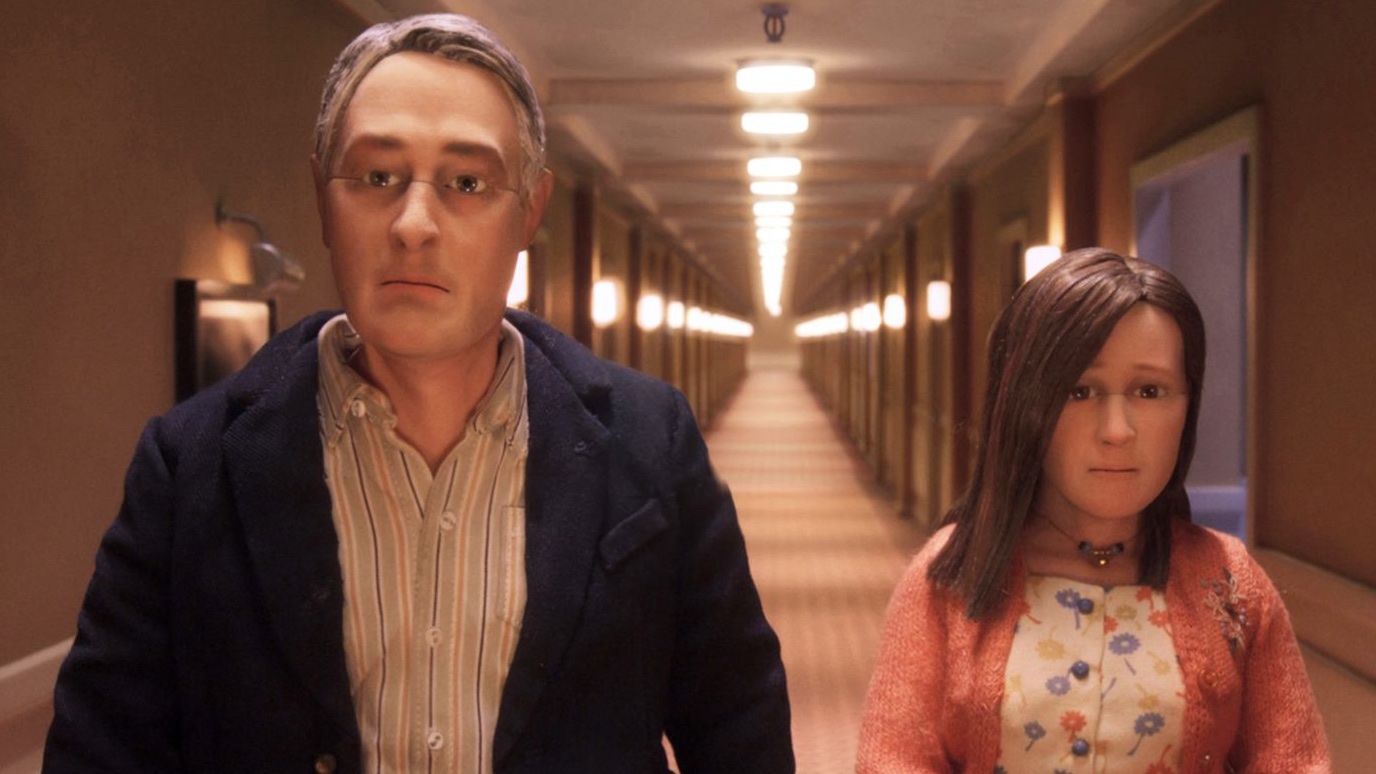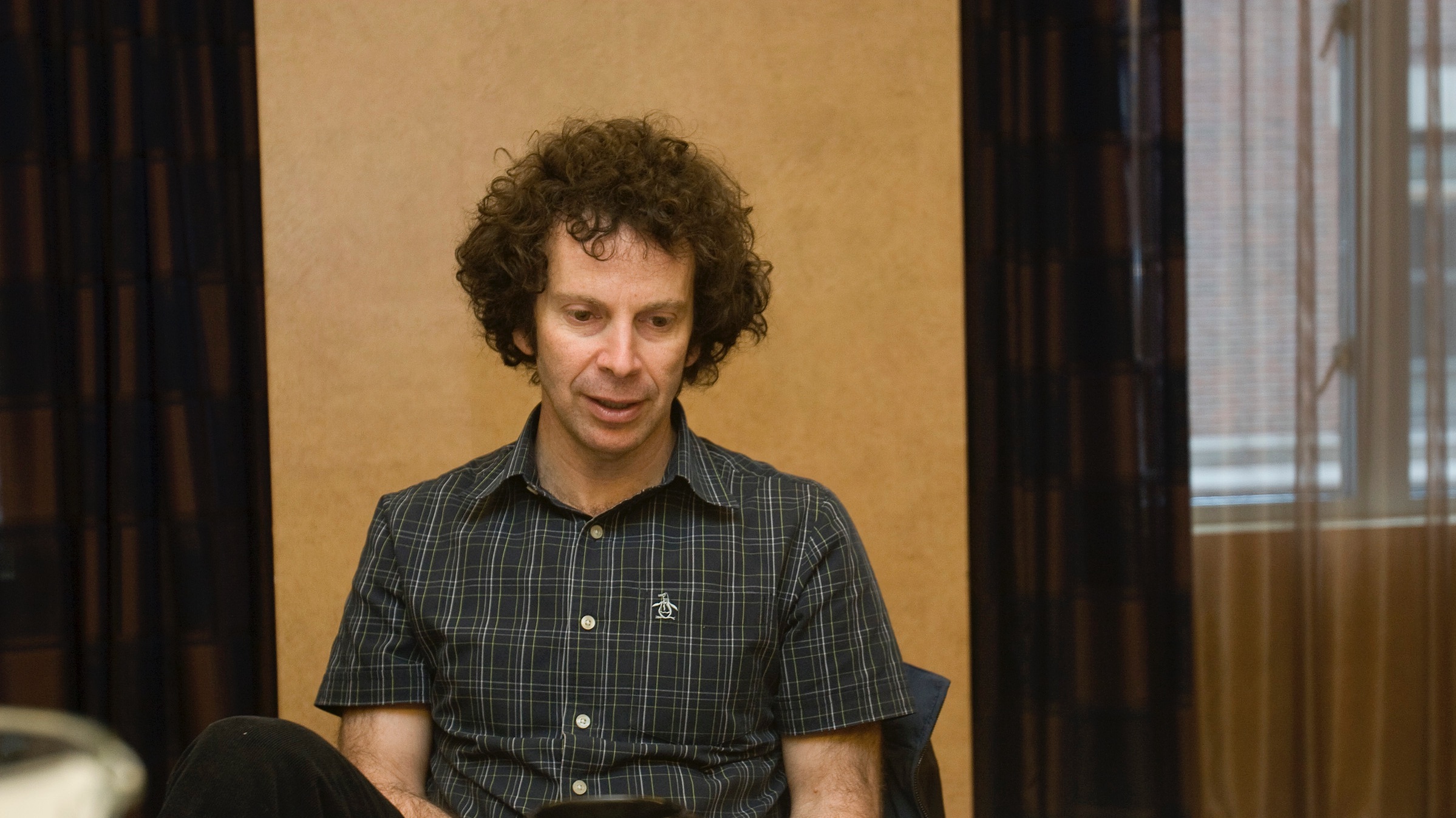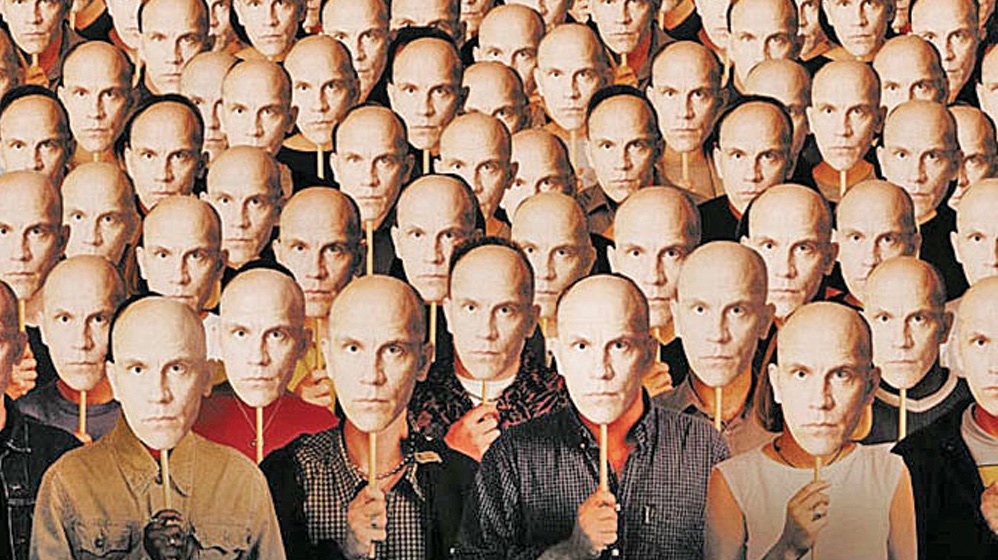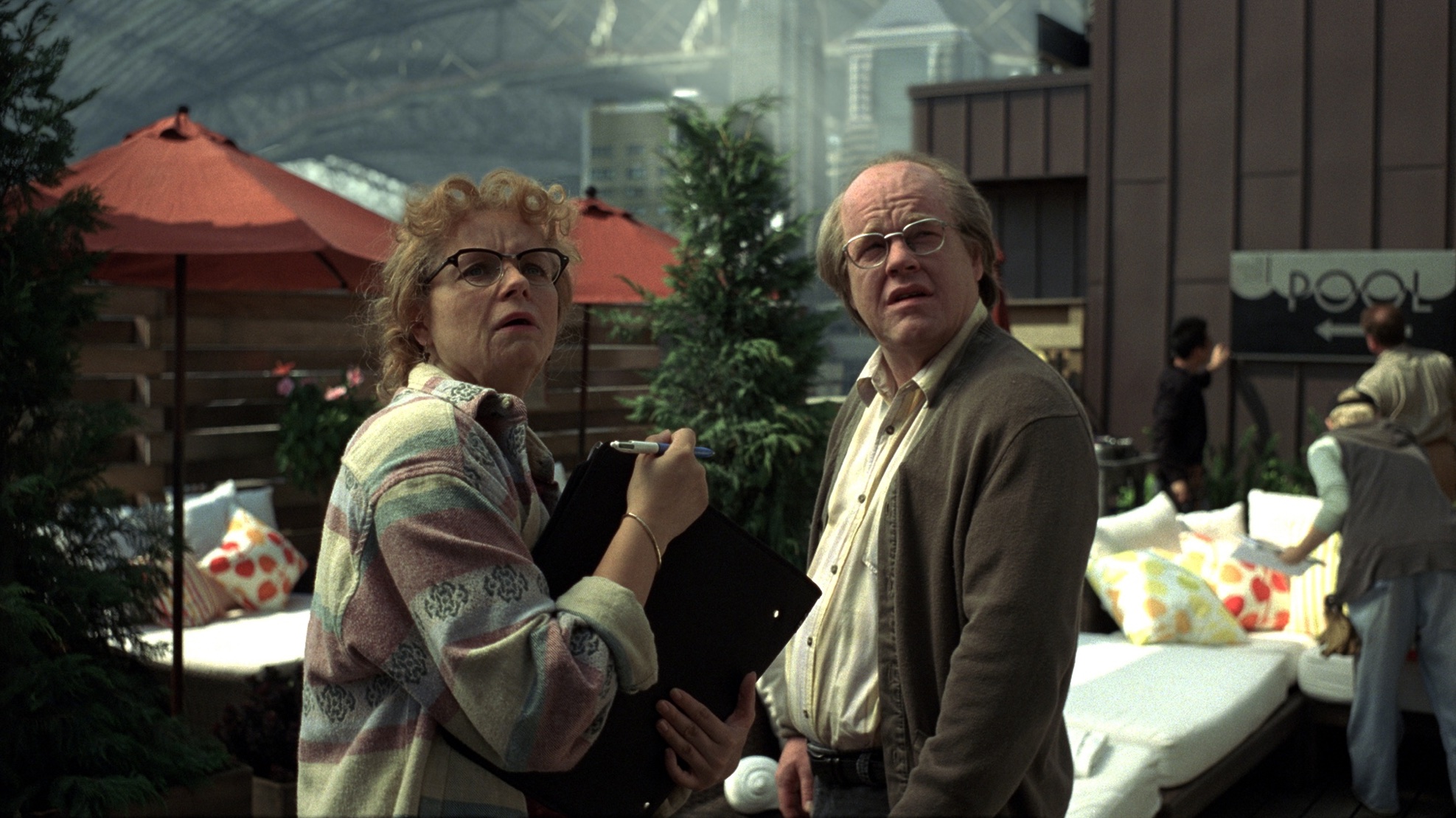Over his 20-year career, Charlie Kaufman has put together quite a pantheon of sad sacks—but Michael Stone, the protagonist of Anomalisa, has to be the saddest.

Gray-haired and pudgy, Michael (David Thewlis) lives a stultifying life of crowded flights, chintzy hotel rooms, and convention speaking gigs at which he advertises his guide for improving the customer service industry. A permanent paroxysm of boredom, his life has lost all purpose, all direction.
Everybody Michael encounters—from sex shop owners to young children to actors in black-and-white movies—has become so mundane in his mind that they all physically resemble the same bland, milquetoast white man and share the same flat, monotonous voice (played in the film by Tom Noonan—it’s worth noting here that all the characters are played by puppets with startlingly unemotive faces).
Everything is vanity, all is vanity, until Michael hears something in a Cincinnati hotel hallway he hasn’t heard in years: a different voice.
The voice belongs to Lisa (Jennifer Jason Leigh), an ordinary woman who happens to be a fan of Michael’s work. They spend an evening together, sleep together, and the next morning, over breakfast, begin to plan to run away together. But as they maneuver the specifics of Michael’s divorcing his wife over breakfast, he begins to order Lisa around: stop clacking your fork against your teeth; stop chewing with your mouth open.
And to his horror, Lisa’s voice begins to disappear and be replaced with the same voice as everyone else in the world. In a fit of despair and self-loathing, Michael breaks their relationship, has a nervous breakdown while speaking at a convention, and returns to his deadened domestic life.
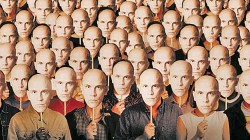
Anomalisa is the clearest example of the narrative Kaufman returns to over and over in every screenplay he writes: a three-act structure wherein the protagonist goes on a quest for fulfillment, achieves it, and then sabotages it. In Being John Malkovich, John Cusack gets both his dream job as world-famous puppeteer and the woman he idolizes only to become a powerless, trapped soul because of his neurotic obsession with his sociopathic wife.
There’s much more. Tim Robbins gets his human specimen and scientific fame in Human Nature only to lose it all and eventually get killed over his inability to come to terms with his affections for Patricia Arquette. In Confessions of a Dangerous Mind, Sam Rockwell gets hit television shows but is undone by his hedonic lifestyle; in Adaptation, Nicholas Cage figures out his screenplay but loses his twin brother.
Eternal Sunshine of the Spotless Mind lets Jim Carrey find love in Kate Winslet but dooms them both to repeating a possibly endless cycle of falling in and out of love. Philip Seymour Hoffman creates his ultimate masterpiece as a theater director, only to lose his family and eventually himself to it in Synecdoche, New York.
Kaufman’s stories repeatedly suggest that humans are slaves to their innate flaws. Puppets are a central metaphor for him, most explicitly in the puppeteering protagonist of Being John Malkovich and the stop-motion puppets of Anomalisa. As humans, Kaufman suggests, we may think we are in control of our actions, but our strings are actually being tugged by forces beyond us: some from within, some from without.
Does the world make Michael miserable in Anomalisa or is the world merely a projection of his own misery? Where is the room for individual choice, individual will? Do they even exist at all?

Religion is notably absent in Kaufman’s work. There’s no churches or praying. In his cascade of characters I could only find one character who states belief in any kind of deity—and that character was meant to be an actor playing the part of a priest giving a very non-theological eulogy in Synecdoche, New York.
Kaufman isn’t overtly hostile to theology. God, faith, and religion are simply persona non grata. But these absences are striking, considering the theological subjects he repeatedly explores: the meaning of life, the struggle for existential purpose, the possible futility of existence. Even audience members have noticed this: one audience member during a Q&A session at the Seattle premiere of Synecdoche, New York confronted Kaufman:
Audience Member: Why don't these characters ever look for God?
Charlie Kaufman: That's sort of like asking me, “Why aren't they lumberjacks?” The answer is, “Because I don't write about lumberjacks.” … I'm not making fun of you at all. It just doesn't resonate with me. I don't think God is a guy, or a woman, if God exists at all. But other people around me can relate to me in ways that are tangible … I read a lot of philosophical stuff about religion, metaphysics, and the universe, and I'm really fascinated with it. But my feelings about it are that there's not an anthropomorphic version of someone watching over us who's going to love me. I could be wrong, but that's who I am. And the stuff that I write about is the stuff that I think about.
Kaufman’s answer confirms the deliberately constructed secularism of his films. But a queer sort of salvation can nevertheless be found in a handful of Kaufman’s films. While all of his protagonists search, acquire, and lose, some of them manage to find some measure of happiness via self-surrender. Consider two of his greatest films: Eternal Sunshine of the Spotless Mind and Synecdoche, New York.
In the former, Jim Carrey surrenders his mind to a medical company which literally removes bad memories from their clients’ brains. After spending the majority of the film trapped in his own head trying to rescue memories of his doomed relationship with Kate Winslet from erasure, he finally gives up and allows them to be annihilated. All he has left is an enigmatic hint from his subconscious: “Meet me in Montauk.”

On the train to Montauk, Carrey happily meets Winslet once again. And while the aforementioned subtext of this scene is that the two are doomed to repeat the same mistakes that ruined their previous relationship, the film is left deliberately open-ended. Since no reason is given why their new relationship might fail, there’s no reason to expect that it will fail.
The metaphorical surrender is even more overt in Synecdoche, New York when Philip Seymour Hoffman abandons his role as director of a massive small-scale reconstruction of New York City to become one of its actors. With an earpiece giving him instructions and cues, he finally achieves some small amount of peace before dying in the arms of another actor.
Only through the abandonment of self can Kaufman’s protagonists find peace. The films Being John Malkovich and Anomalisa illustrate the perils of doggedly clinging to selfish desires: John Cusack loses his soul, David Thewlis loses the woman of his dreams. How apropos that both films are also literally about puppets.
It would seem that the most destructive thing anyone can do in a Kaufman film is refuse to hand one’s strings to another.
Nathanael Hood is a South Florida–based writer with a passion for all things cinematic. He graduated from New York University–Tisch with a degree in film studies. He currently writes as a film critic for TheYoungFolks.com, TheRetroSet.com, and ScreenComment.com. You can catch him on Twitter @NateHood257 or on Tumblr @natehoodreviews.

